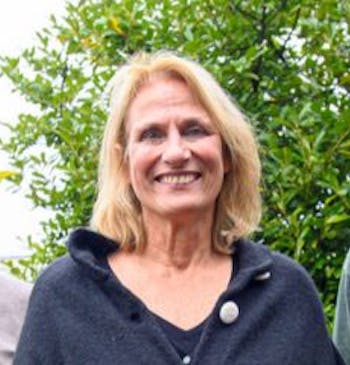More vulnerable children worldwide

Together with Family Power, Wilde Ganzen is leading the Think Tank Child & Wellbeing that focuses on ‘Professional Youth Care International’. Globally, more and more children are growing up in vulnerable circumstances.
They are often at risk of no longer living at home. More and more children end up on the streets, alone or in small groups. Regularly, they are given shelter at an orphanage. Although the latter may be legitimate in some circumstances, it is internationally recognised that every child needs a home and should not grow up in such an institution.
Guidance ‘Every child a home’
This promise is not so simple, however, because every child is unique and needs guidance in its own way. First and foremost from the family, of course, but often also from formal or informal youth care services. But is that guidance available, and what should it look like for the child? And shouldn’t there be much more attention to (in)formal youth care internationally? To put this on the map, we set up the Think Tank.
Professional youth care on the agenda internationally!
Our ambition as a Think Tank is to deepen and broaden knowledge and cooperation in the field of professional youth care around the child. Think tank members believe this should be on the international agenda. Among other things, we periodically organise small seminars. In the last small seminar on 10 January, we looked at ‘children with disabilities’.
Zooming in on results think tank seminar ‘Children with disabilities’
Central to this seminar was the impact we want to make: children growing up in a loving family enabling them to experience substantially more happiness and prosperity and to develop their talents. The child’s interest – in all her uniqueness – must stand central. To achieve this, child participation is essential; we need to listen to the child and its opinion in decision-making and every step of the process.
Nine recommendations for good supervision of ‘children with disabilities’:
- It is important to put the child at the centre of her/his community. The community is very important. A community has various stakeholders who can work together with the child, such as parents/caretakers, social workers, therapists, health workers, legal aid, teachers, local government.
- Parents (and especially mothers) are the most important yet least recognised resource in their child’s development. Value them as competent partners. Professionals should listen and work well with parents and focus on concrete outcomes. Also consider organising peer groups between parents.
- Community-based rehabilitation is therefore important: essential rehabilitation and care with local resources, for as many people as possible.
- In this, use the ICF (The International Classification of Functioning, Disability and Health) and CBR matrix and work with others. Be aware of what resources are out there.
- This implies working from FOCUS: Focus on the child; focus on the family; focus on the community. What is the strength, what potential is present and what is needed?
- Various stakeholders and institutions need to work together more effectively on the child and its parents’ case – including the government. There are good best practices which deserve more research. However, we also often see an absence of well-organised, coherent care around children with disabilities. Professionalisation based on quality standards is needed.
- Participation of the child is important. Like other children, children with disabilities are unique and know how to indicate what is in ‘in their interest’. Yet participation of children with disabilities is lacking behind. Carers should listen more to children with disabilities and receive support to engage with these children. Peer groups can be supportive.
- The religion of the community can function as an opportunity as it often contributes to family & community-based care.
- We tend to magnify differences between large and small initiatives, but we can conclude that they are not that big at all. Certainly not if you collectively put the child and the community around the child at the centre. The ambition to make as much impact as possible with as little money as possible does not matter for the scale of the organisation. Again, cooperation is important. Wilde Ganzen is exploring the opportunities to make connections between local and regional organisations and to ask more questions about cooperation in relation to our Monitoring & Evaluation tasks.
